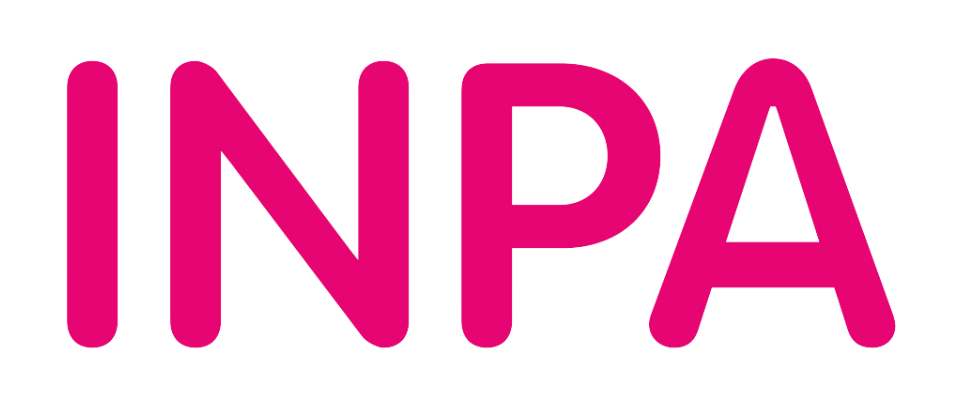The team is usually led by a Medical Consultant and where the main problems are primarily physical in nature, it will be a Consultant in Rehabilitation Medicine. Services treating those with predominantly neurobehavioural or neuropsychiatric problems will be led by a Consultant Neuropsychiatrist or Consultant Neuropsychologist depending on the complexity of problems and whether there are any pre or coexisting psychiatric conditions.
In addition to the Consultant, there may also be trainee specialty doctors in both Rehabilitation Medicine and other specialties dependent on the service being provided.
Neurorehabilitation is a treatment delivered by a team using an holistic approach to manage the physical, psychosocial and behavioural problems associated with both acute and chronic neurological illness. The Neurorehabilitation team works with service users in a collaborative manner, to achieve patient directed outcomes/goals. Services users are supported to achieve their maximum physical, psychological, cognitive and social potential to maximise their quality of life. Neurorehabilitation can take place when a person is still in hospital or when they are in the community or when they are in another type of residential, nursing or supportive care environment.
NHS Neurorehabilitation inpatient services are divided into levels, which reflect the level of complexity of the patient group they serve. Independent providers are not always allocated a specific level but will often be able to describe what they provide based on the following criteria.

